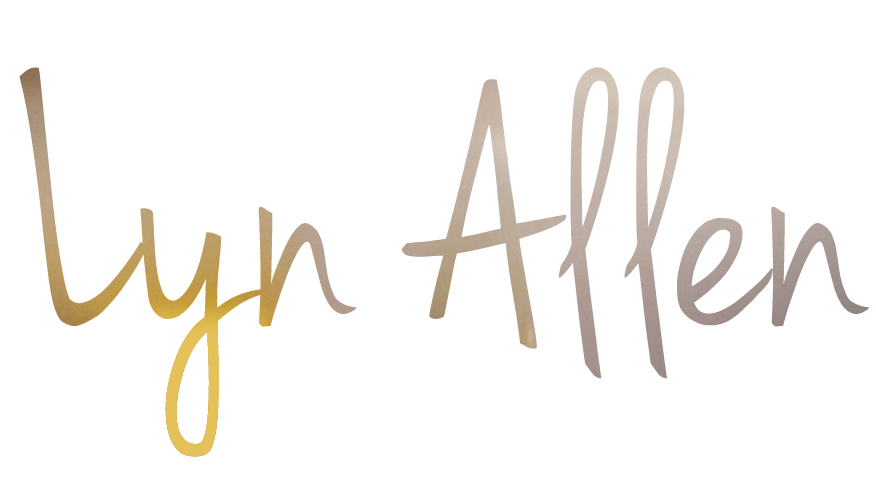Are you making assumptions in your coaching (or elsewhere in your life)?
Well, let’s check it out:
Do you ever take your client’s language at face value – or – do you take the time to clarify and confirm what your client means?
Do you interpret what you hear based only on your own experience and filters – or – do you access how your client thinks and perceives so you can meet him/her where they “live?”
It’s SO easy to fall into the trap of rushing past what your client says, especially the “smaller” details, for the sake of getting to outcomes and results.
After all – that’s where the value lies in coaching, right?
Only partially.
If we allow that much of the value in coaching stems from:
1) The depth of connection and intimacy between coach and client, which in turn supports –
2) Heart-centered listening prompting insightful inquiry that sparks awareness,
Then as a coach, you are required to be so deeply present in the moment with your client you catch the cues and clues that open the doorway to deeper discovery.
One simple and powerful way to do this is to use the check-in.
Check-in’s can be woven into the coaching interaction at any point, and can be announced or transparent. But most importantly: A check-in will help you, Coach, not step over whatever the client brings tot he conversation. It keeps you present.
For example, if your client says, “I want you to coach me to get another job because I’m so tired of fighting the battles where I work now.”
You have at least 3 words in this one sentence that can call you to do a check-in:
1) Tired
2) Fighting
3) Battles
In other words, what does your client mean when s/he says, “tired?” What constitutes a battle or a fight? If you map your understanding of these words onto what your client is telling you, without clarifying what your client means, you run the risk of assuming.
Using a check-in, you may discover that fighting means someone else did not automatically agree with her.
Or a battle could be how she frames the experience of working for a hyperactive boss who does not understand boundaries.
Remember: As soon as you make an assumption, your curiosity is altered and possibly shut down. An assumption tells you that you know. As coaches, we work to remain in the “not knowing.”
Watch this space for a case study of how an assumption put an entire class of coaches into reaction and completely shut down their curiosity.
Stay tuned……..
In support of your coaching success!
Hugs,
Lyn


